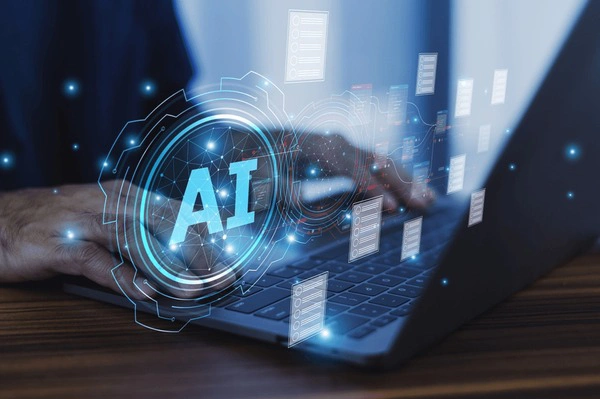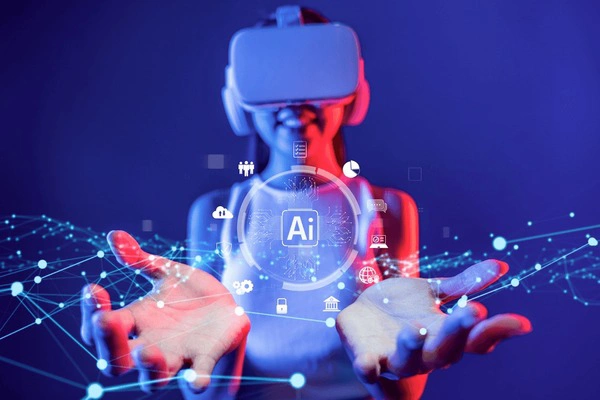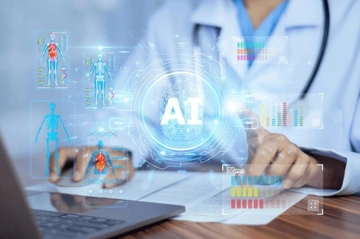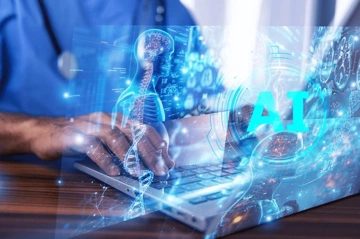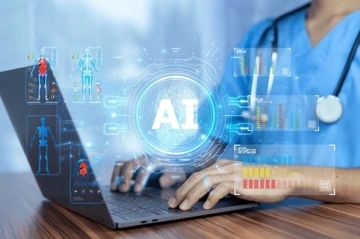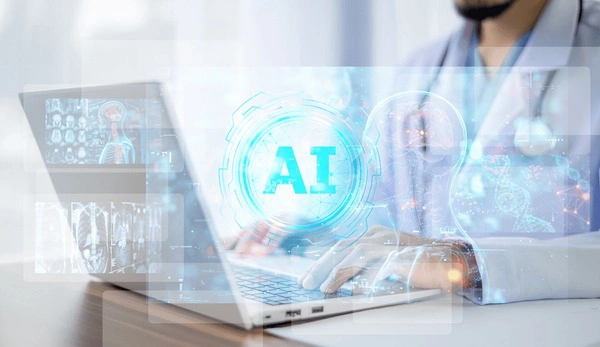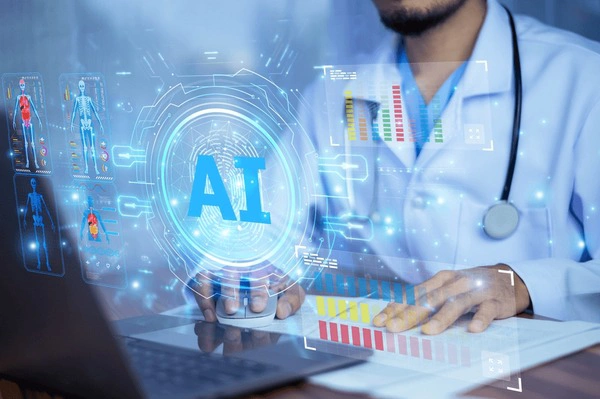
AI and Patient Engagement: Transforming Healthcare Through Personalized Communication and Support
AI technology is revolutionizing patient engagement by offering personalized communication and support, making healthcare more accessible and effective. With AI, healthcare becomes more personal, providing tailored information and support to patients, helping them make informed health decisions.
Maya Turner
29/11/2024 - 7 months ago

Understanding AI in Healthcare
Artificial Intelligence, or AI, is transforming healthcare by making it more personal and effective. Imagine going to the doctor and getting treatment that is perfectly suited just for you. That's what AI aims to do. It collects data about your health and uses it to make smart decisions about your care. This means doctors can know more about your health than ever before.
AI helps in many areas of healthcare, like diagnosing diseases and creating treatment plans. It's like having a super-smart assistant who helps doctors make better decisions. This technology is not just for doctors; it’s also for you. With AI, medical information becomes easier to understand, so you can be more involved in your health.
For people who might not be familiar with technology, AI can sound complicated. However, its goal is to make things simpler. By understanding your needs and preferences, AI can communicate health information in a way that's easy to follow. This means you can make better decisions about your health, without needing to be a tech expert.
AI and Personalized Communication
AI is changing how healthcare providers communicate with patients. It helps create messages that are tailored to each person. Imagine getting reminders for your medication or doctor's appointments at the perfect time for you. AI makes this possible by understanding your schedule and preferences.
These personalized communications are more than just reminders. They can include helpful tips on managing your health conditions. For example, if you have diabetes, AI can send you tips on the best foods to eat or how to keep your blood sugar levels stable. This makes managing health conditions easier and more effective.
By making communication more personal, AI helps you feel more connected to your healthcare team. This connection is important because it encourages you to be more engaged in your health. When you feel supported and informed, you are more likely to follow treatment plans and make healthier choices.
Support Through AI Technology
AI doesn’t just provide information; it also offers support. For instance, AI chatbots can answer your health questions anytime, day or night. These chatbots use AI to understand your questions and provide helpful answers. They can be a great resource if you have a question but can't reach your doctor right away.
Moreover, AI can help track your health progress. By using apps that monitor your daily activities, AI can give you feedback on how you're doing. If you need to walk more or sleep better, AI can suggest ways to improve. This kind of support helps you stay on track with your health goals.
AI support makes healthcare more accessible, especially for those who might not visit the doctor often. It’s like having a health coach in your pocket. With this technology, you have more control over your health, which can lead to better outcomes and a healthier lifestyle.
The Future of AI in Patient Engagement
As AI continues to advance, its role in healthcare will grow even more. Future developments might include AI systems that predict health issues before they happen. This means you could take action to prevent illnesses, rather than just treating them after they occur.
AI will also become more integrated into everyday health tools. Imagine wearable devices that not only track your steps but also analyze your overall health and suggest actions to improve it. These innovations will make it easier for people to stay healthy and informed.
The goal is for everyone, regardless of their tech knowledge, to benefit from AI in healthcare. By making healthcare more personal and supportive, AI can help people live longer, healthier lives. This is especially important for communities that might not have easy access to traditional healthcare.
